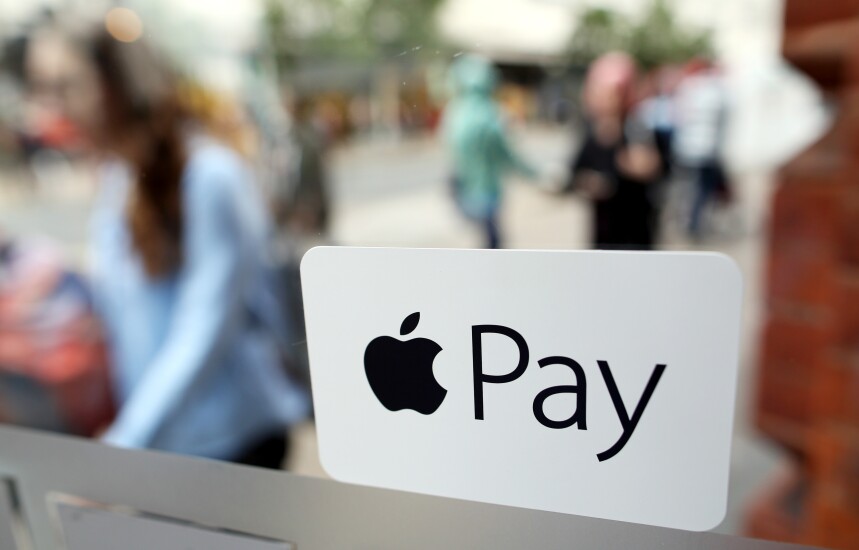In global news this week, Apple blocks Russia's Mir network; N26 gets hit with anti-money-laundering penalties in Italy; Santander brings new B2B payments tech to Brazil; and more.
Here's what's happening around the world.
In global news this week, Apple blocks Russia's Mir network; N26 gets hit with anti-money-laundering penalties in Italy; Santander brings new B2B payments tech to Brazil; and more.
Here's what's happening around the world.








A new study has decoded banks' television commercials, analyzing what the messaging reveals about the bank behind the advertisement. When an ad leans too hard on emotions, researchers found, viewers should beware.
The head of the government-sponsored enterprise's oversight agency said the cuts were made to positions that weren't central to mortgages and new home sales.
The Billings, Montana-based bank finds itself in the crosshairs of a high-profile activist investor. On Thursday, it stuck to its organic growth plan and said it isn't interested in using its excess capital to restructure its securities book.
Top SBA lenders are warning about the impact of a prolonged shutdown. NewtekOne skipped providing fourth-quarter guidance after its CEO said the situation was too cloudy to forecast.
The U.K. bank's "Scam Intelligence" tool uses Google's Gemini to analyze images and texts for red flags, aiming to reduce losses from authorized push payment fraud.
A commonly used standard for property and casualty insurance will offer a carve-out for generative AI liability starting in January. Startups like Testudo, Vouch and Armilla AI stand by to scoop up that business.